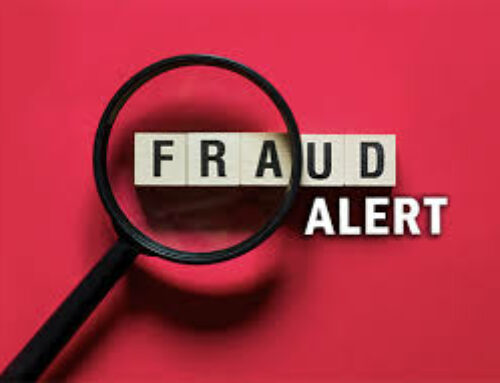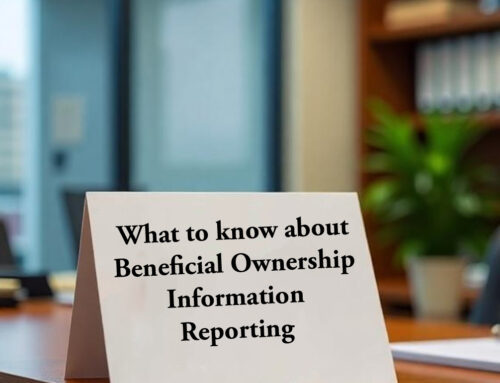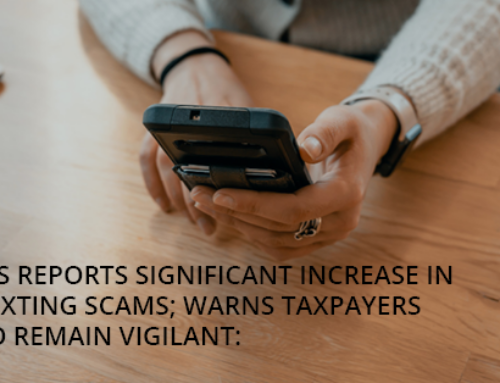
Every year the IRS mails letters or notices to taxpayers for many different reasons. You may receive a notice or letter for one of the following reasons:
- You have a balance due.
- You are due a larger or smaller refund.
- The IRS has a question about your tax return.
- The IRS needs to verify your identity.
- The IRS needs additional information.
- The IRS made changes to your return
- The IRS needs to notify you of delays in processing your return
- The IRS believes you may have unreported income
Here are some do’s and don’ts for taxpayers who receive one:
First, and MOST important, is to read it. Each notice or letter contains a lot of valuable information, so it’s very important that you read it carefully.
Whatever you do, don’t ignore it. Most IRS letters and notices are about federal tax returns or tax accounts. Each notice deals with a specific issue and includes specific instructions on what to do. If your notice or letter requires a response by a specific date, there are two main reasons you’ll want to comply:
- to minimize additional interest and penalty charges.
- to preserve your appeal rights if you don’t agree.
NEXT:
- Don’t panic. The IRS and its authorized private collection agencies do send letters by mail. Most of the time, all the taxpayer needs to do is read the letter carefully and take the appropriate action.
- Don’t reply unless instructed to do so. There is usually no need for a taxpayer to reply to a notice unless specifically instructed to do so. On the other hand, taxpayers who owe should reply with a payment. IRS.gov has information about payment options.
- Do take timely action. A notice may reference changes to a taxpayer’s account, taxes owed, a payment request or a specific issue on a tax return. Acting timely could minimize additional interest and penalty charges.
- Do review the information. If a letter is about a changed or corrected tax return, the taxpayer should review the information and compare it with the original return. If the taxpayer agrees, they should make notes about the corrections on their personal copy of the tax return and keep it for their records.
- Do respond to a disputed notice. If a taxpayer doesn’t agree with the IRS, they should mail a letter explaining why they dispute the notice. They should mail it to the address on the contact stub included with the notice. The taxpayer should include information and documents for the IRS to review when considering the dispute. People should allow at least 30 days for the IRS to respond.
- Do remember there is usually no need to call the IRS. If a taxpayer must contact the IRS by phone, they should use the number in the upper right-hand corner of the notice. The taxpayer should have a copy of their tax return and letter when calling the agency.
- Do avoid scams. The IRS will never contact a taxpayer using social media or text message. The first contact from the IRS usually comes in the mail. Taxpayers who are unsure if they owe money to the IRS can view their tax account information on IRS.gov.
Your notice or letter will explain the reason for the contact and give you instructions on how to handle the issue.
If you agree with the information, there is no need to contact the IRS.
If you believe the notice or letter looks suspicious, contact the IRS at 800-829-1040. If you determine the notice or letter is fraudulent, please follow the IRS assistor’s guidance the Report Phishing page for next steps.






